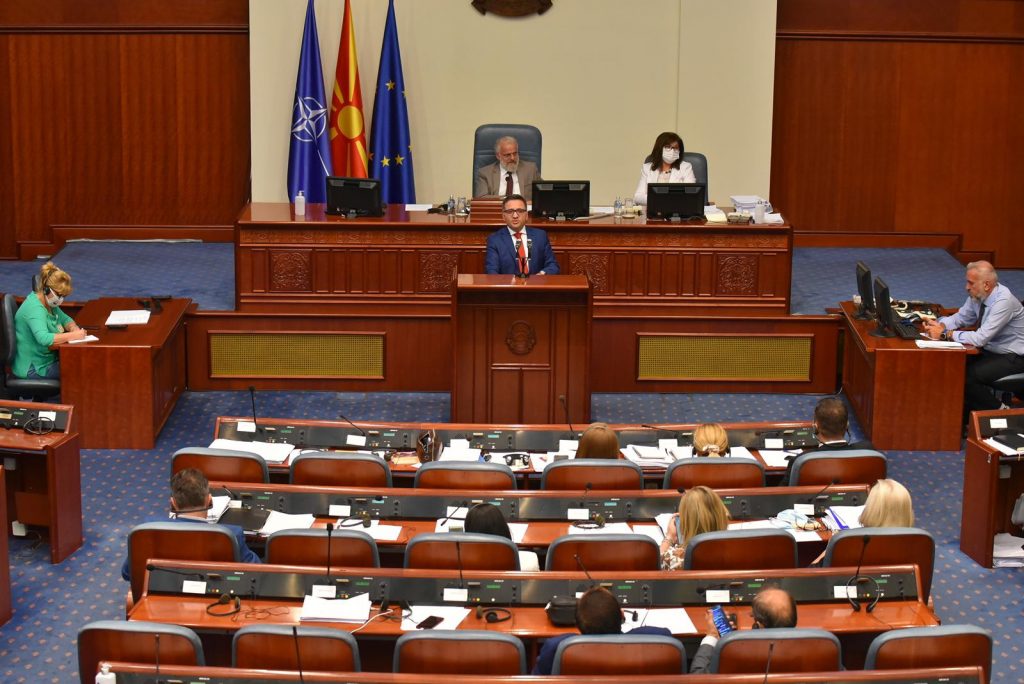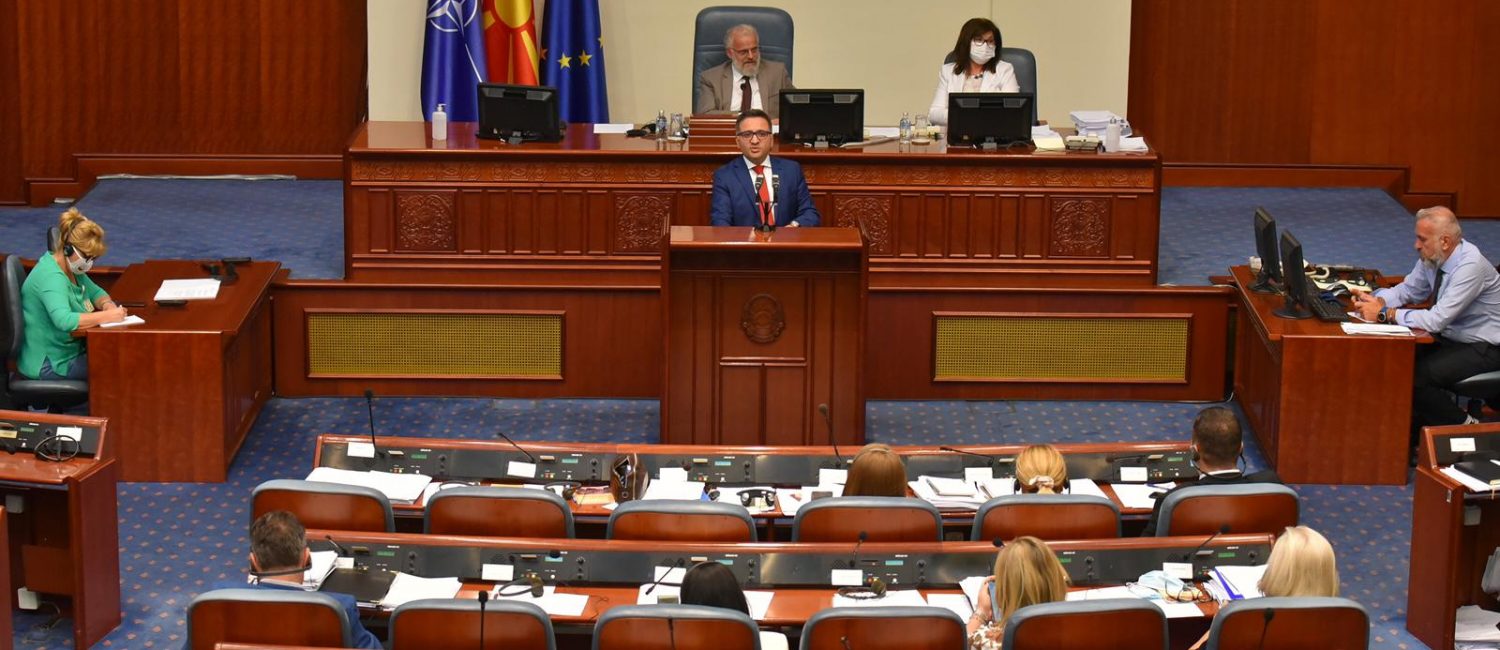27th July 2022, Skopje – Fiscal decentralization reform is launched. Legal modifications and amendments, prepared by the Ministry of Finance, got green light from the Parliament today, entailing higher quality of public services in the municipalities, higher level of economic development and improved living standard of the citizens.

The reform comprises three pillars: improved fiscal capacity of the municipalities and increased municipal revenues; strengthened fiscal discipline and transparency and accountability as regards municipalities’ operations.
“Government of the Republic of North Macedonia continues the process of decentralization, to the end of greater democratisation, improved public services and intensified local development in the interest of the citizens. The municipalities are responsible for many important areas directly related to the citizens’ life, such as education, social protection, environment, utility services, therefore having stable finances is crucial. Hence, this reform significantly strengthens their fiscal capacity, at the same time obliging them to greater fiscal discipline, accountable and transparent operations. As anywhere, with greater power comes greater responsibility”, Minister of Finance, Fatmir Besimi, pointed out.
Under the adopted modifications and amendments, the municipalities will be allocated greater share of the revenues collected on the basis of PIT and VAT. In fact, percentage of collected PIT revenues transferred to the municipalities, amounting to 3% so far, will increase to 4% by the end of 2022, 5% in 2023 and 6% in 2024. Percentage of collected VAT revenues transferred to the municipalities increases from 4.5% so far to 5% this year, followed by 5.5% in 2023, reaching 6% in 2024. Two funds are envisaged to be established – Performance Fund and Equalization Fund. Municipalities showing positive results and higher own revenue collection will be awarded funds from the Performance Fund, while municipalities with lower revenues, but also showing fiscal effort and good results in collecting their own revenues, will be awarded funds from the Equalization Fund.
It is estimated that the funds the municipalities are allocated on the basis of these two taxes will double, i.e. from Denar 2.8 billion, the amount allocated now, to more than Denar 5 billion by 2024. It is especially important to mention that the reform starts right now, i.e. increase of the percentage of collected tax (VAT and PIT) revenues transferred to the municipalities will apply starting this year, with the municipalities being allocated more funds in times when we face the challenges posed by the energy and the price crisis.
The second pillar of the reform is aimed at strengthening the financial discipline of the municipalities. Activities are therefore envisaged contributing to projecting both the revenues and the expenditures of the municipalities in a realistic manner, regular servicing of the arrears and strengthened financial discipline, as well as declaring municipalities’ financial instability by operation of law. To overcome the arrears issues, the municipalities will have available up to 10-year structural bond to reschedule the arrears. Municipalities having declared financial instability will be available a stand-by credit from the Ministry of Finance and can issue a municipal bond with the Ministry of Finance as purchaser.
The reform will also contribute to strengthening the fiscal responsibility of the municipalities by increased transparency in their operations through several mechanisms envisaged by the Law.
















